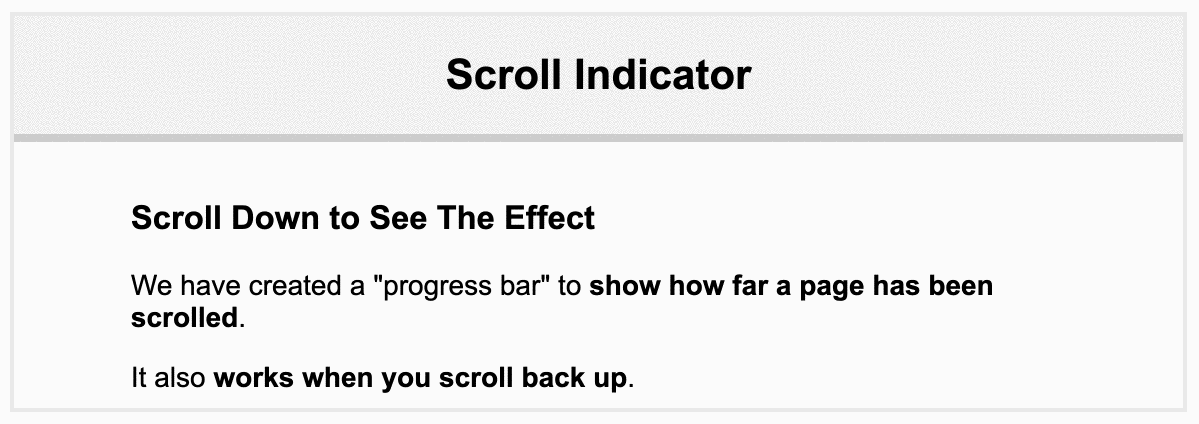If you want to become an accountant, you need to go to university for at least 5 years.
This is wrong because the classroom doesn’t give students an accurate picture of what it’s like to really be an accountant.
Once these students get into the real world, they might actually hate everything about being an accountant.
This is actually the case for me - I majored in accounting. It was one of the most sought-after majors at my school, and I bought into all of the hype on campus. I worked my ass off to get good grades. Once I got a job offer from a top firm, I had visions of working there for 12+ years and becoming partner.
But that all changed on my first day on the job in 2013. It was blatantly obvious that accounting wasn’t the right career for me - I knew it right away.
I felt like I had been bait-and-switched. My professors and the recruiters painted a much different picture of what it was like to be an accountant...
At that point, I had to dig myself out. I had to move quickly. I didn’t know what my next career would be, but I knew I needed to move in a new direction.
After that fateful day in 2013, I started a series of pivots. Not startup pivots, but career pivots.
It took me 11 months just to get out of that first crappy job, and I found a job at a startup. At that startup, I learned how databases are structured and how to build apps with that startup’s no-code solution.
After 1.5 years there, I enrolled in a coding boot camp. After that, I became a software engineer. After 2 years of writing code at multiple companies, I finally started my own business.
During these 5+ years of pivoting, I wasn’t concerned with my title, my pay, or working at a name-brand company. I was focused on finding work that I truly enjoyed.
In 2017, I finally find something that I truly loved, building products and online businesses.
I think we should treat our careers as a series of pivots.
For your career, what you study in college is the equivalent of spending 4 years building a product, never talking to customers, and never launching. Until you get into the real world, you'll have no idea if it actually works.
My dad studied marine biology in college. He runs hotels now.
My mom studied journalism. She is now a therapist.
Advice
If you’re currently enrolled in school, try to get real-world experience as soon as possible.
Think hard about what you really want to do in life, not what your parents or your professors want you to do.
Get advice and feedback from people outside the field, and avoid advice from people that are trying to hire you - they will always lie about what the job is actually like.
For anyone who hates their current career: do something. Don’t quit your job just because you hate it. Find a way to take your knowledge and apply it to something else, start a side project, or find a company that is a better culture fit for you.











